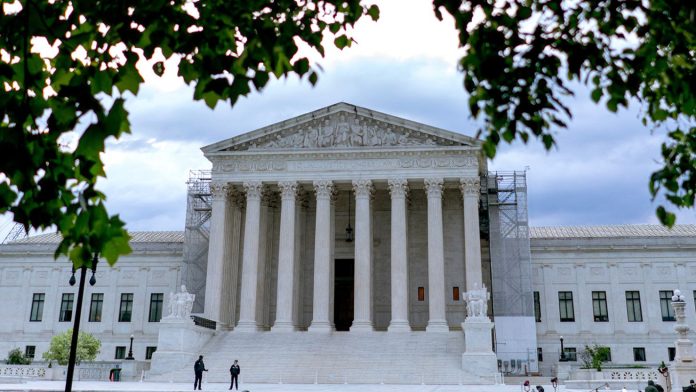The Supreme Court has agreed to hear a pivotal case originating from Texas concerning state laws that mandate age verification for users accessing explicit content on pornographic websites. The case, brought forward by the Free Speech Coalition (FSC), challenges a ruling by the US Court of Appeals for the 5th Circuit.
This legislation, replicated in several states recently, aims to shield minors from inappropriate online material. However, critics argue that these laws could infringe on privacy rights and hinder access to constitutionally protected speech.
The FSC’s petition contends that the Texas law imposes undue burdens on adults seeking to access sensitive content online. It requires users, regardless of age, to disclose personal information, potentially exacerbating privacy risks in an online environment notorious for security vulnerabilities.

The legal dispute underscores broader concerns about balancing free speech protections with regulatory efforts aimed at safeguarding minors in the digital age.
In response to similar legislation enacted in other states, major platforms like Pornhub ceased operations, sparking public scrutiny over the implications of such laws on internet freedom and privacy.
The case is poised to address significant First Amendment issues, marking another instance where the Supreme Court confronts complex questions surrounding online content regulation and the boundaries of government oversight in digital spaces.
Recently, the Supreme Court has been active in adjudicating cases involving digital rights, including matters related to social media content moderation and misinformation. These cases collectively reflect ongoing judicial deliberation over the intersection of technology, free expression, and regulatory authority in contemporary society.


